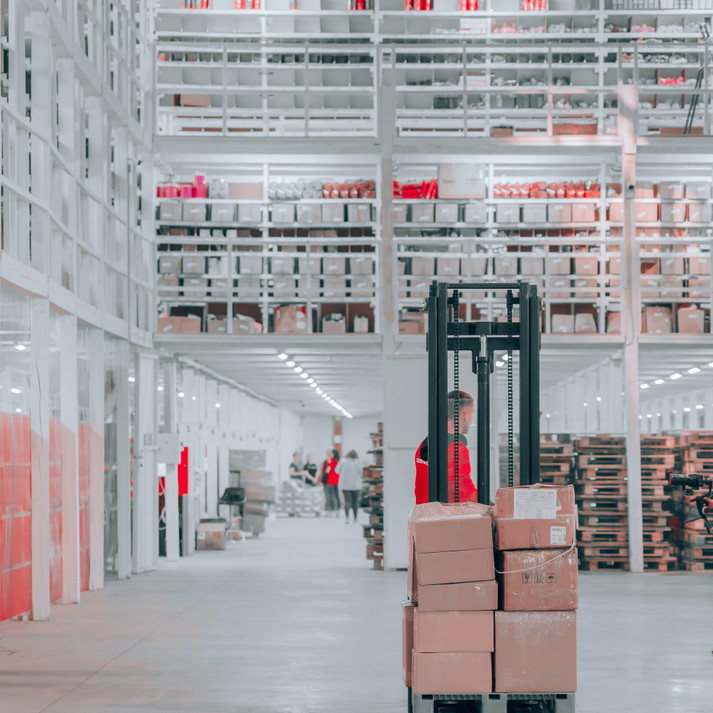What is a BOM and why are they important?
20th Mar 2024
In the manufacturing world, accuracy and precision are paramount. Producing a successful product, regardless of its complexity and intricacy, requires meticulous planning. At the heart of this is the Bill of Materials, often abbreviated as BOM.
This blog will explain what a bill of materials (BOM) is and why they are vital in production.
What
is a Bill of Materials (BOM)?
A BOM (also referred to as a product structure) is a comprehensive inventory of the raw materials, assemblies, subassemblies, parts, components, and quantities needed to manufacture a product. It is a complete list of all the items required to build a product.
A bill of materials is usually listed in hierarchical order, starting with the finished product, and then detailing the individual components and raw materials.
Why
do we need to use a BOM?
A detailed BOM is a vital part of the production process due to the amount of information contained within. They are not only used in the production of the product but also in the event that replacement parts are required when repairs are necessary or in the event of a product failure. In this instance, they can identify potential sources of failure by looking at each part, component and material used within the product.
A BOM enables the manufacturer to plan and purchase the raw materials, keep track of costings, maintain comprehensive records and reduce waste and errors during production.
Using BOMs also ensures consistency when doing multiple production runs. In turn, this maintains customer expectations and is vital when producing products that need to meet safety or other standards.
Different
types of BOM
EBOMs (Engineering Bill of Materials)
These BOMs define products in the way that they are designed. They show the component structure from a technical perspective and often include technical drawings. This type of BOM will list all alternative and substitute part numbers.
MBOMs (Manufacturing Bill of Materials)
MBOMs define products in the way they are manufactured. They identify all items and processes needed to produce a finished product. They also include packaging requirements and allowances for waste.
A BOM is vital for physically developing and producing the product in addition to process planning, including cost predictions and waste reduction.
Tencell can work with you to cost all parts of your BOM and manage the delivery process. Please send your BOM to sales@tencell.com for a quote and to further discuss how we can assist you.
